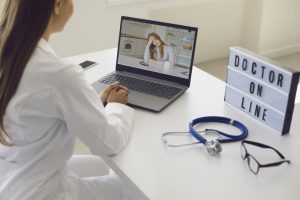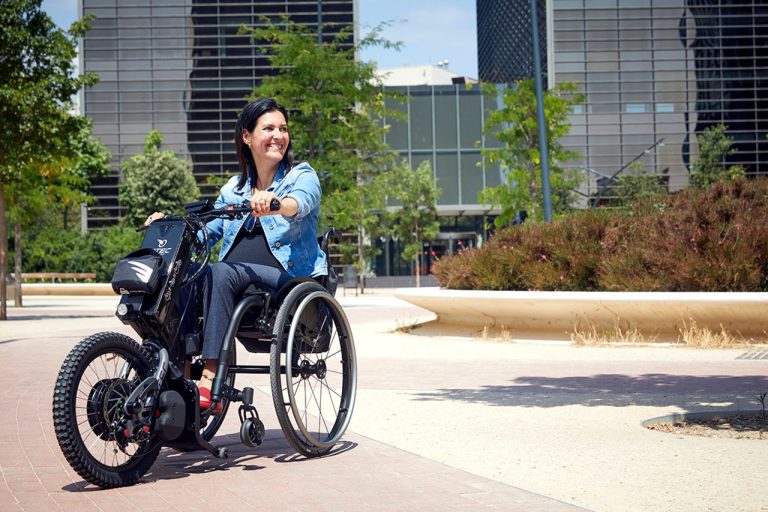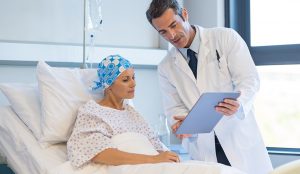There are a lot of factors that can play into our gastrointestinal health. Pollution, unhealthy foods, and major lifestyle changes for certain. Over time, our gastrointestinal health can require a little bit of a retooling.
That is why it is important to have access to a facility with a commitment to preventing, diagnosing, and properly treating a broad array of gastrointestinal tract illnesses. These facilities have access to the best in standardized equipment and have experienced physicians who recognize the symptoms when they first become evident.
Gastroscopy
Unlike a colonoscopy, a gastroscopy is a technique utilized by doctors to examine stomach, duodenum, and esophagus issues. There is a thin tube that gets passed through these areas, with a camera and light being attached to the tube.
The point of a procedure like this is to allow the doctor to look for any potential abnormalities that could be causing symptoms such as upper abdominal pain or bloody stool. Should one be found, then a proper treatment can be recommended. It is an effective way to properly treat potential gastro issues.
Colonoscopy
While it is quite similar to the gastroscopy, there is a slight difference with the colonoscopy. This focuses on the rectum and large intestine instead. Most of the time, it is used to screen for things such as cancer, though it is useful for diagnosing chronic inflammatory bowel disease, lower abdominal pain, and a wide array of other gastrointestinal conditions.
It is very similar to a gastroscopy in the way it is conducted. There is a long tube with a camera and light attached, which allows the physician to see into the digestion tract to determine any existing issues.
ERCP
Endoscopic Retrograde Cholangiopancreatography (ERCP) is a combination of an x-ray and an endoscopy. For those who have tenderness or pain in the hypochondrium, the ERCP can help determine whether this is due to calculous cholecystitis, acalculous cholecystitis, bile duct stones, gallstones, or something else entirely.
Patients who suffer from conditions such as icterus could potentially benefit from an ERCP. No matter the procedure, patients can rest easy knowing that they are in the hands of experienced physicians who have been diagnosing symptoms of gastrointestinal distress for a long time.
The result is a treatment that can make dealing with the problem a lot better or potentially resolve it altogether. But it starts with the right scoping.















